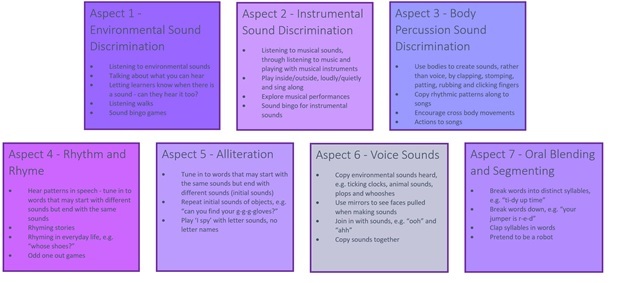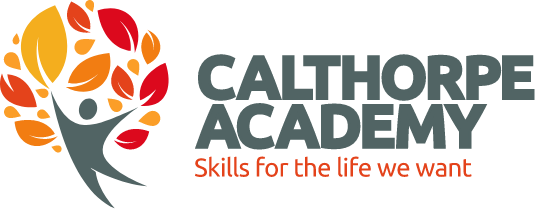Reading
At Mary Elliot Academy, we recognise that the ability to read is essential to many aspects of life, and is fundamental to the general progress and understanding of the wider curriculum.
“Reading is fundamental to education. Proficiency in reading is vital for pupils’ success. Pupils who find it difficult to learn to read are likely to struggle across the curriculum, since English is both a subject in its own right and the medium for teaching.” - The Reading Framework, July 2023
The National Curriculum states that “It is essential that teaching focuses on developing pupils’ competence in both dimensions [word reading and comprehension].” -July 2014. Therefore, we teach our students to read in a number or ways.
For learners with additional needs, reading may be interpreted as any activity that leads to the derivation of meaning from visual or tactile representation, which may be assessed visually, aurally or through touch. We aim to develop reading in a way that enables our learners to make sense of the world around them.
Dr. Sarah Moseley talks about widening our definition of what phonics actually is; recognising that it is not just the skill of decoding (having phonological and phoneme awareness and the ability to manipulate sounds in language), but prior to that – understanding that there are sounds in language that are different to each other, and prior to that, recognising that sounds are different to each other.
Therefore, with this in mind, it is important to start our phonics teaching with songs, stories and rhymes before looking at different sounds, different voices and experiences. We also aim to develop our students' ability to understand that objects, symbols and photographs represent something else, whilst developing their understanding of sounds within the environment (phase 1 phonics).
In Phase 1, learners do not learn any letters or the sounds they make. The purpose of it is to develop learner’s listening and communication skills, including their vocabulary, to prepare them for reading and writing in the next Phase. Phase 1 phonics skills that are developed at this stage include: environmental sounds, instrumental sounds, body percussion (e.g. clapping and stamping), rhythm and rhyme, alliteration, voice sounds, and oral blending and segmenting (e.g. hearing that d-o-g makes ‘dog’).

This programme is supplemented with a sight-reading programme called See and Learn which continues to work on the concept of reading symbols and photographs, and giving meaning to these.
Students working at phase 2 phonics take part in the Read, Write, Inc. systematic synthetic phonics programme (Fresh Start), which teaches letter sounds, blending and decoding. Students also work on their comprehension of texts by accessing book bands appropriate to their reading/comprehension level. For fluent readers, their reading sessions focus on their ability to comprehend what they have read and apply this skill functionally.
Reading comprehension assessments take place termly, for students working at this level (phase 2 onwards). For this, Progress in Reading Assessments (PiRA) are used.
Reading skills are developed within all areas of the curriculum, across all pathways, to promote fluency, frequency and access to information, as well as developing an enjoyment of reading and supporting learning beyond the classroom.
To ensure our students develop a love of books and story-telling, reading for pleasure is a priority across the school and is key in our teaching. Story-telling is an essential part of being human and is a vehicle for supporting our students to engage, communicate and understand.
We approach reading for pleasure through drama, call and response, sensory stories, and individual and group shared experiences. This allows our students to become familiar with rhythm, characters and settings of stories, practicing their sequencing and turn-taking, as well as their anticipatory and memory skills, which supports their development throughout the curriculum.
“All pupils must be encouraged to read widely across both fiction and non-fiction to develop their knowledge of themselves and the world they live in, to establish an appreciation and love of reading, and to gain knowledge across the curriculum. Reading also feeds pupils’ imagination and opens up a treasure house of wonder and joy for curious young minds.” - The National Curriculum, July 2014










